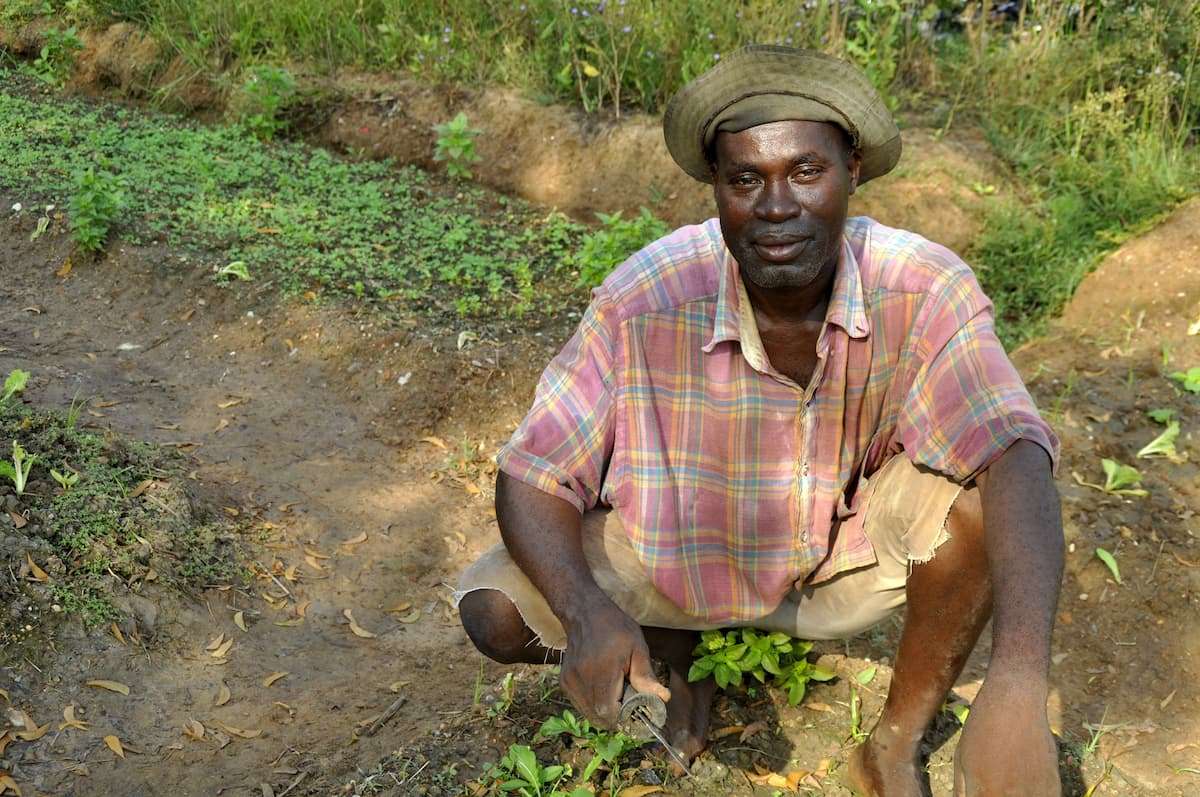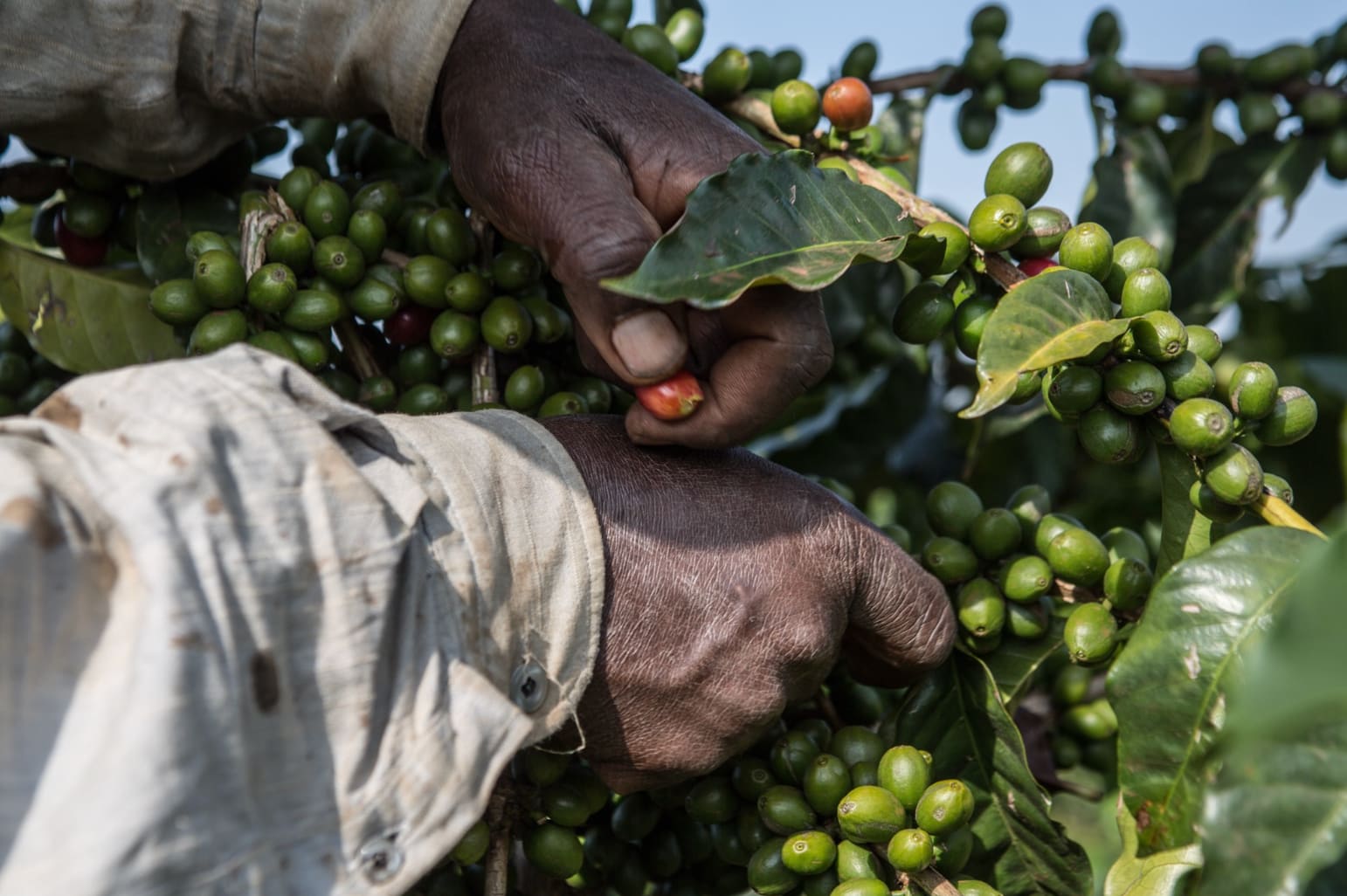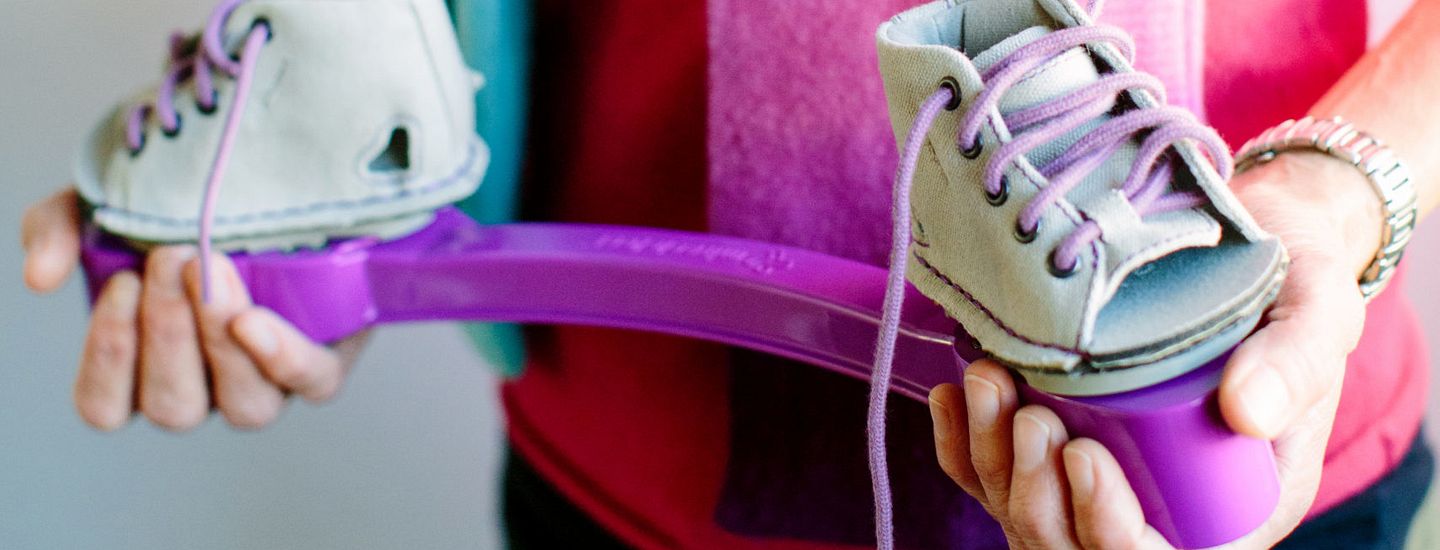
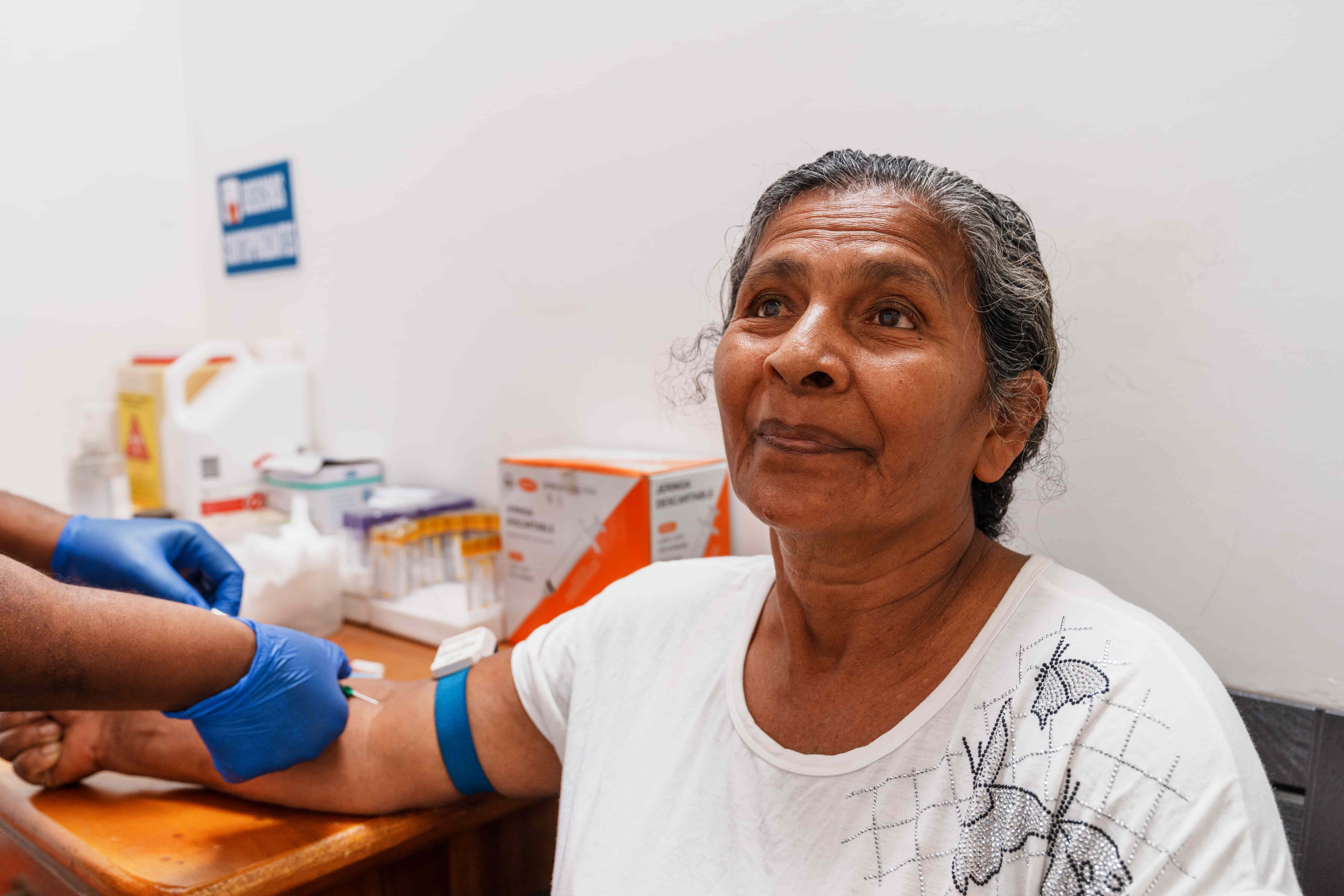
Improving Healthcare Access: How Elucid is Strengthening Farming Communities
Elucid’s mission is simple but ambitious: to improve health and livelihoods for farming communities in global supply chains. Through partnerships with cooperatives, agribusinesses, and local healthcare providers, their work addresses critical healthcare access gaps in regions where national systems are often overstretched or unavailable.
Believing that better data leads to better outcomes, Elucid partnered with 60 Decibels to independently assess their impact and enhance their programs.
Louisa Truß, Head of Partnerships at Elucid, shares how listening to their beneficiaries has provided valuable insights, driven meaningful program improvements, and validated their impact with independent data.
What were you hoping to learn from your 60 Decibels study?
Louisa: We wanted to understand lived experiences beyond what our internal data captures, stories, unexpected outcomes, and areas for improvement. To do this independently, we secured funding from the Bayer Foundation. That allowed us to partner with 60 Decibels without relying on client or internal funding.
What were some of the most valuable findings?
Louisa: The metrics on healthcare access, quality of life, and household health were particularly valuable. These were calculated using a more in-depth method than our usual approach, so it was reassuring to see that they aligned with our findings.
We thought the indicators were very straightforward and aligned perfectly with our mission. They were also easy to digest and communicate to stakeholders. Health outcome data can be complex, and by doing it this way, it was very easy to understand what was measured and how it was measured.
The Net Promoter Score and 60 Decibels Benchmarks helped us understand how we compare with similar interventions, enabling us to stand out within our conversations with clients and investors.
The Inclusivity Ratio validated that we’re reaching the group we set out to reach, low-income households, and confirmed the gender lens in our programs, more women were using our services, which reflects our program design. (We also see this when we talk to the beneficiaries, so it was good to have an official metric to show this.)
We have specific programs that target women more than men, because we often see, especially in our baseline assessments, that women face greater access barriers, both financially and geographically. Many are responsible for household duties and may not have the time or decision-making power to travel for care. So we cover the full cost of maternal care, including antenatal visits, facility births, C-sections, and related needs.
We also run women-specific sensitization sessions focused on household decision-making, helping women navigate conversations with spouses, and encouraging care-seeking even when male doctors are involved. The 60 Decibels data helped us understand the end results of these programs, which has been incredibly valuable.
Finally, the data confirmed ripple effects we had only previously suspected, like improved financial resilience and reinvestment in farming thanks to savings on health.
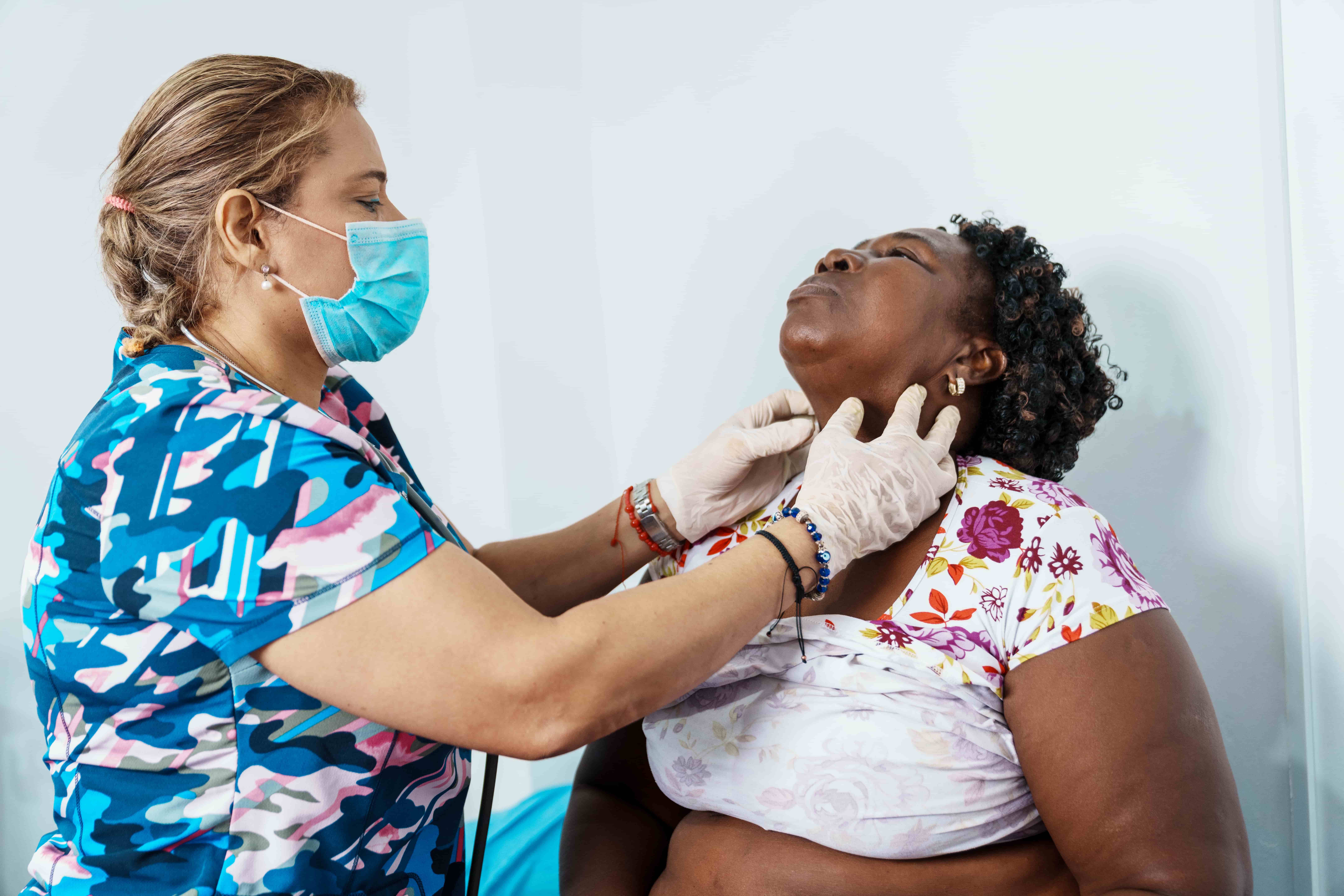
Did the results lead to any practical changes?
Louisa: It really changed the way we do sensitization and communication. The 60dB study emphasized that we need to keep the frequency of these sensitizations up to ensure everyone seeks care when they need to. Sensitization refers to gathering people at the village level to raise awareness around healthcare, often around maternal or child health. We facilitate discussions and highlight why care matters, especially when traditional remedies, which have historically been the primary means of care in many cultures, may not be enough to address all health concerns, for example, with Malaria.
The feedback we received also emphasized the importance of offering more mobile clinics, especially for the elderly, women, and children who can’t easily travel. It confirmed that programs need to run for at least three years to ensure real community-level impact, since some people take longer to access and trust the benefits.
How have you been using the results so far?
Louisa: Internally, it was a great validation of our work, especially as we were starting to scale. Clients liked having the performance snapshot and quotes to share with their boards.
The quotes were particularly impactful because they weren’t coming from us—they had no bias or social desirability effect. That made a difference in how they landed.
What was your experience of working with 60 Decibels?
Louisa: It was very professional. Our data team really appreciated the pre-work and communication with the in-country teams. We also liked that we had a results discussion before things were finalized—we could ask questions and dive deeper into points that were surprising to us.
The data quality was rich, both quantitatively and qualitatively. It had a good balance between confirming what we already knew and uncovering new suggestions for improvement.
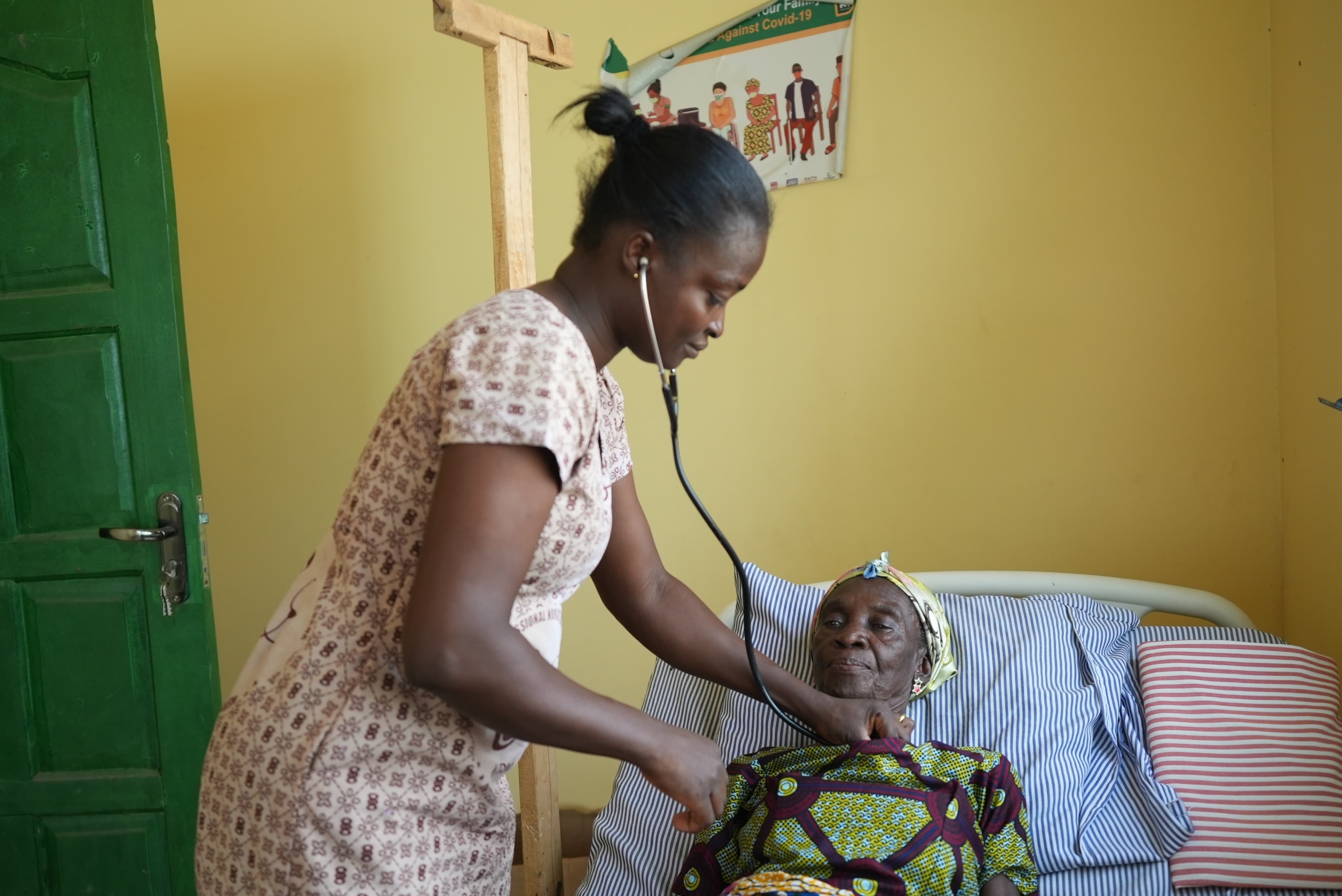
Why do you think it’s important to listen to beneficiaries?
Louisa: Because what works in one community doesn’t always work in another. Beneficiary feedback captures insights that data alone can’t. For us, the testimonials were one of the most valuable parts of the whole exercise. They help shape our programs and ensure we offer concrete value to each specific community.

